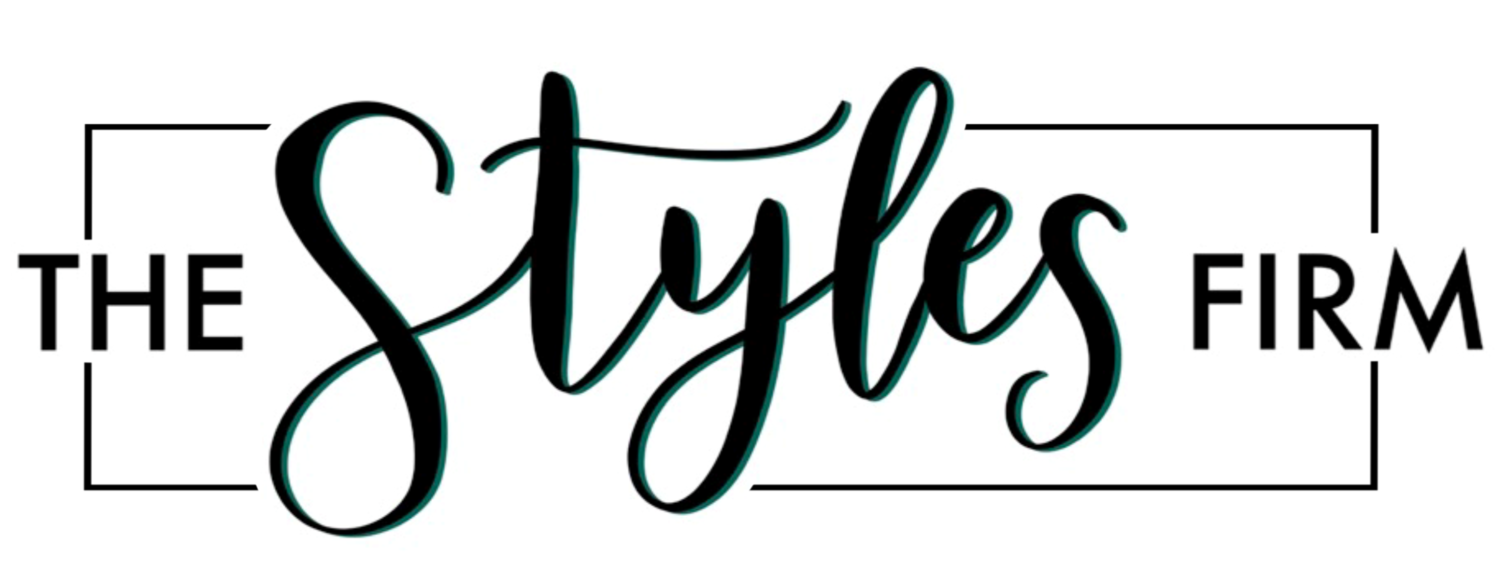Copyrights & Why You Have To Ask First!
Copyrights are a federal issue. It is a form of intellectual property law that protects original works of authorship for a specific period of time. Copyright holder’s hold exclusive rights to their work including the right to reproduce and distribute their work. In order to be eligible for copyright protection, a work must be:
1. A work of authorship,
2. Original, and
3. Fixed in a tangible medium expression.
Music, lyrics, books/e-books, podcasts, logos, speeches, presentations, webinars, photos, videos are all examples of copyrightable works. On the contrary, there are things that cannot be copyrighted, like facts, words, phrases, ideas, concepts, etc. Although certain things cannot be copyrighted, keep in mind there are other ways to still protect your intellectual property. For example, copyright does not protect names, titles, slogans, or phrases, but these things may be protected as trademarks! You can also pursue patents for inventions and special formulas!
Copyright law should not be overlooked because it protects creators’ exclusive rights to protect their work while promoting creativity and learning. This plays a huge role in the music industry, especially when it comes to sampling another artist’s music.
Music sampling happens when an artist reuses a portion of an existing sound recording in a new recording. The artist usually chops, loops, and layers an existing song or sound recording and puts it into their own work. However, an artist needs permission before sampling the existing music. This process is called Sample Clearance. The artist needs to get clearance from the copyright owner of the song and clearance from the copyright owner of the master recording. Without clearance, an artist can face legal troubles, such as injunctions, and be required to pay monetary damages.
Copyright Infringement Cases
In 2018, singer Tracy Chapman filed a copyright infringement lawsuit against rapper Nicki Minaj for Minaj’s song “Sorry”. In the song, Minaj used the lyrics and vocal melody from Chapman’s song, “Baby Can I Hold You,” which was released in 1988. According to the suit, Minaj’s team sent a formal request asking to use Chapman’s song before the song was released. However, Chapman’s publishing representatives turned down the request. Chapman alleged that Minaj had already recorded “Sorry” before the clearance request was made. Although Minaj did not include the uncleared song on her album, Chapman alleged that Minaj leaked the song to New York DJ, Funkmaster Flex, who played the song on the radio and promoted it on social media. The case went on for two years until the parties came to a settlement. Minaj was ordered to pay Chapman $450,000! Yikes!
More recently, pop star Chris Brown has gotten himself into legal trouble concerning Brown’s unauthorized sampling of Jamaican artist Red Rat’s song, “Tight Up Skirt”. “Tight Up Skirt” was a chart-topping hit dancehall song released in 1997. Brown and his label are being sued by Greensleeves Publishing Limited. Greensleeves Publishing owns the largest catalog of reggae songs in the world. In the lawsuit, the company is claiming that Brown used “both the vocal timbre and language dialect change when Brown’s 2017 song “Privacy” [was] performed.” They are claiming the legendary line, “Hey you girl inna di tight up skirt” was used without permission. Although Brown actual says, “Hey you girl without di tight up skirt”, Greensleeves claims that “Brown took the core musical feature of “Tight Up Skirt” and used it prominently in his song.” Greensleeves is seeking 1.5 million dollars!
In reaction to the lawsuit, Red Rat took to Twitter to assert his approval of Brown’s song. Red Rat has tried to distance himself from the lawsuit and even questioned Greensleeves standing to sue. He further stated that Greensleeves Publishing does not represent him nor his interest.
The case is still pending and could end in several ways. It is very likely that the case will be settled out of court since 95% of lawsuit do. Brown could end up paying a lump sum of money to Greensleeves. Future royalties from the song could also be awarded to Greensleeves. An injunction could be made to stop Brown from performing the song. Or the court can even find that Greensleeves has no standing to sue Brown like Red Rat believes.
Benefits of Copyright Registration
There are significant benefits to registering your work with the United States Copyright Office. For one, there will be public notice of your ownership. When a piece of work is copyrighted it is published in the Copyright Office’s Catalog and becomes searchable to the public. This helps defeat claims of “innocent infringement” since there is constrictive notice to the public. Copyright registration also gives legal evidence of ownership. This helps to avoid costly lawsuits and disputes over actual ownership.
Another benefit of copyright registration is getting the ability to bring an infringement suit. Although a copyright holder has rights without registration, it can be limited. One of those limitations is the rights cannot be enforced through the courts unless the work is registered with the U.S. Copyright Office! For example, although “Tight Up Skirt” was released in 1997, Greensleeves Publishing registered copyright for the song in 2020. Greensleeves Publishing had to register the song with the U.S. Copyright Office in order to sue Brown.
Business owners and entertainers should always take the safest and securest route by registering their copyright! It is highly recommended to register a piece of work as quickly as possible so that the copyright holder can take advantage of all the added benefits that come with copyright registration. Registration of copyright for a single work of authorship range from $45 to $500. All in all, it is best to protect your creativity and copyright your work!
How The Styles Firm Can Help
The Styles Firm would love to help you secure copyright protection for your creative works! Schedule a consultation and let’s “Do business in Style!™ You'll thank yourself later!
References:
https://www.copyright.gov/about/fees.html
https://www.dmlp.org/legal-guide/works-not-covered-copyright
https://www.lib.purdue.edu/uco/CopyrightBasics/basics.html
https://www.copyright.gov/help/faq/faq-protect.html
https://www.jamaicaobserver.com/latestnews/Red_Rat_distances_himself_from_Chris_Brown_lawsuit
https://businesslawohio.com/top-5-benefits-of-copyright-registration/
